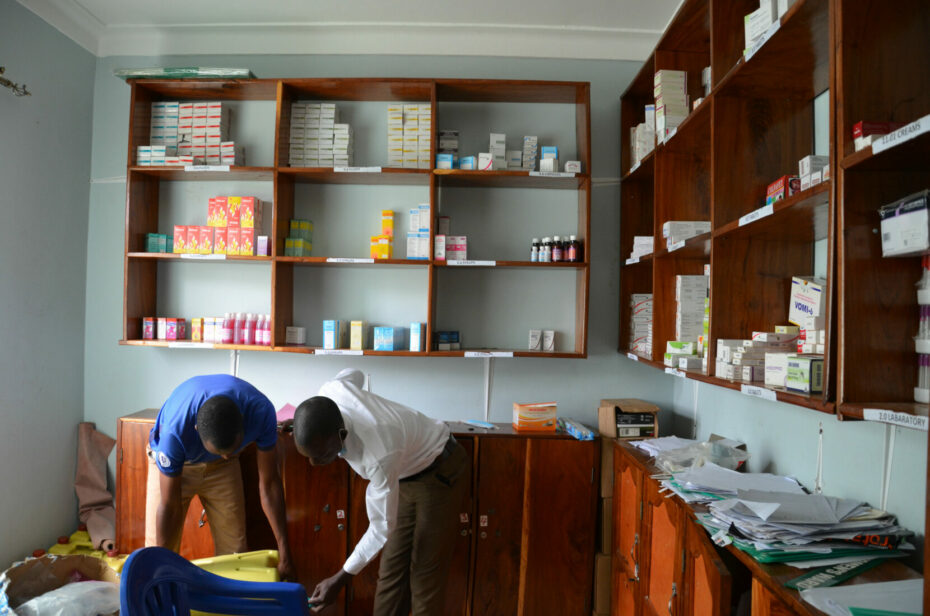

Dr. Robert Kalyesubula, a native of Nakaseke district, is a nephrologist that specializes in non-communicable diseases. He is the president of ACCESS Uganda and the principal investigator of the Balamu project. As a study participant in a student project focusing on barriers to accessing NCD medication in Nakaseke, rural Uganda, he shared his perspective as an expert on NCD medications:
Throughout the project activities of Balamu in the past five years, recurrent medication shortages across all government facilities were experienced. Our project, which intends to improve and extend NCD care in rural Uganda sustainably, continues to face challenges in obtaining a consistent supply of NCD medication.

Access to NCD medication is still problematic in Nakaseke. NCD service provision generally remains poor, as only a few of the health facilities provide NCD services in rural areas, where almost 80% of the population lives. Specialists can often only be reached in Kampala. The three NCD clinics that our project established were the first providers of NCD care in Nakaseke district.
NCDs require costly, uninterrupted, and often lifelong treatment to adequately control the disease. This is crucial to reduce morbidity and mortality and overall improve patients’ quality of life. Regular shortages of supply mainly affect the public sector, where most of the patients obtain their medication. Once they are out of stock patients are told to pay out of pocket and obtain the medication at an unaffordable price in the private sector. This leads to a higher risk of discontinuity of care caused by the distribution of the little medication available, use of alternative medication, and/or poverty. A variety of NCD medication is only available at the national hospitals and/or referral hospitals, while lower-level facilities receive the basic, only lower-class, medications.
There is a widespread lack of resources: clinics are poorly equipped in terms of diagnostics and there is a shortage of dedicated and well-trained health care staff. Health care personnel are trained according to the interest of the funder. NCDs were not given much attention in Nakaseke district until the Balamu project began. Community members are often unaware of their illnesses and the importance of medication adherence. The priority of patients’ own health varies. Combined with unaffordability, patients show disinterest in purchasing medications.

To overcome these obstacles, the government must take responsibility and prioritize NCDs from the lowest to the highest level, develop guidelines. Medication must be included in the list of essential medications to avoid supply shortages. Collaboration with international partners should generally be sought. The use of the CHWs model is promising in effectively providing NCD care to rural community members. Additionally, generic medication production in Uganda could sustainably ensure medication supply. Patients should take more initiatives to support themselves: a key would be the introduction of universal health insurance for all, as less than 3% of the population is insured in Uganda. The Balamu project is currently implementing a model of community-based health insurance.